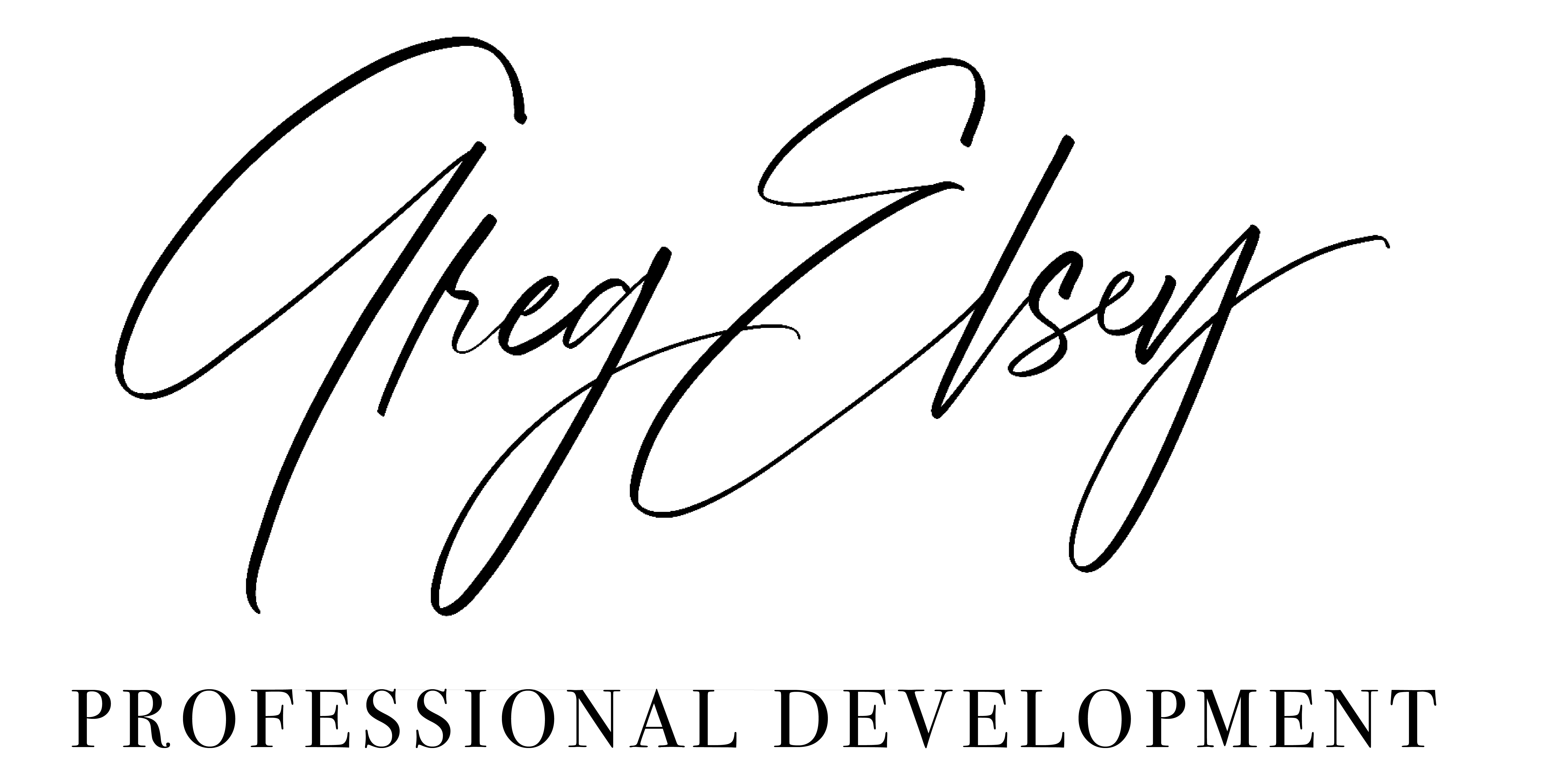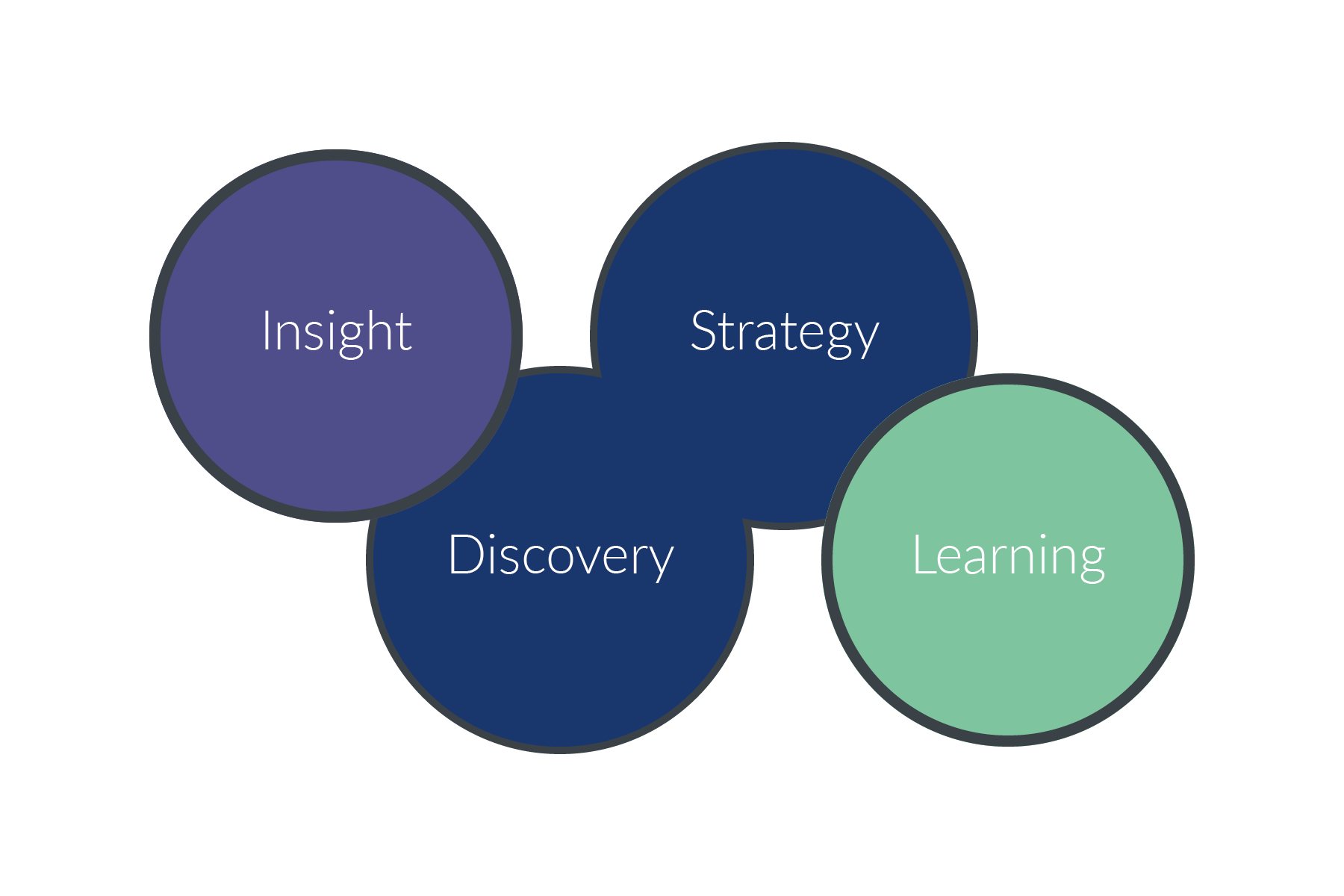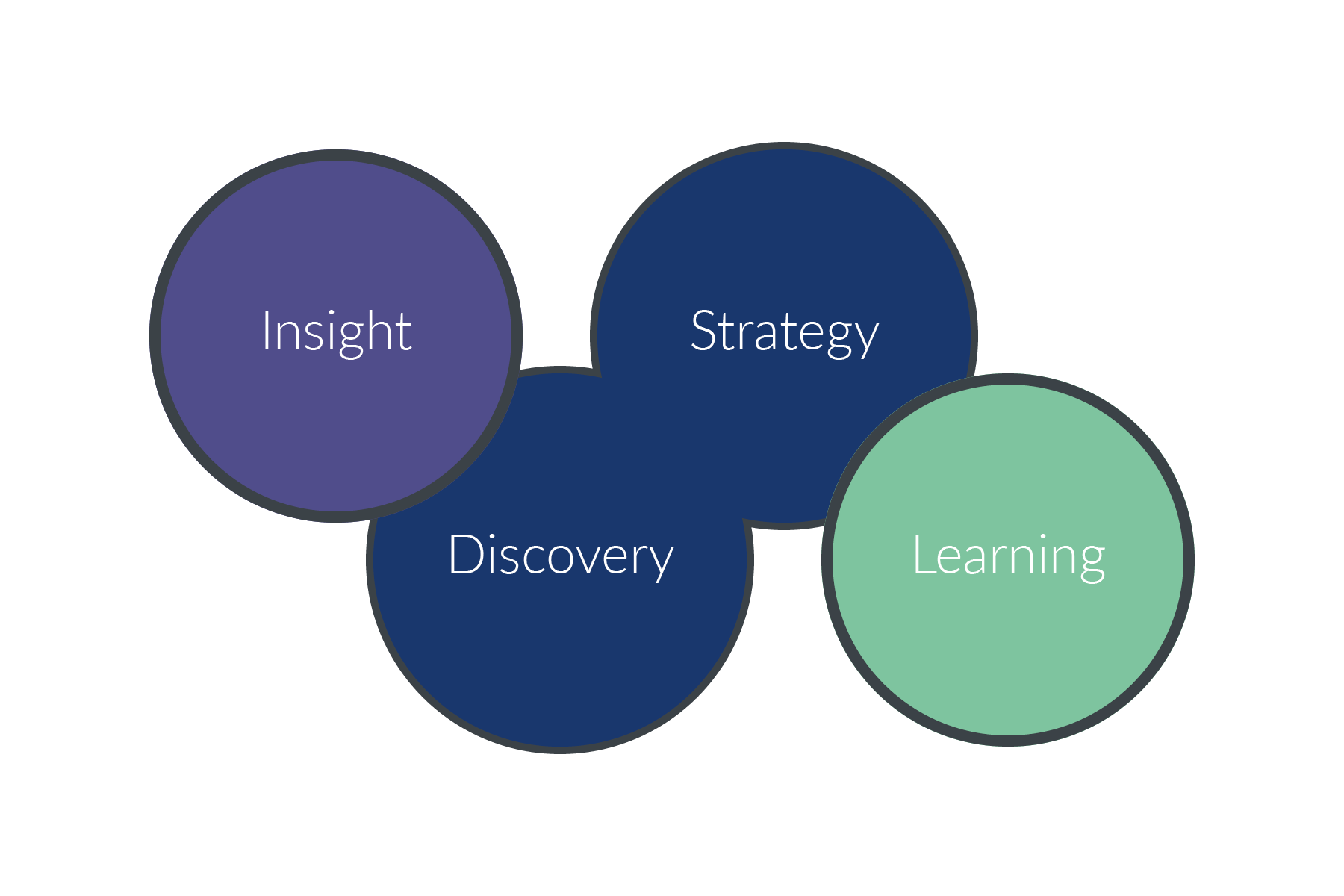The statement, "People don't know what they don't know," can be improved by providing a more detailed explanation of the challenges that arise when individuals lack the necessary skills and knowledge.
Many managers struggle to be effective because they lack the skills and training necessary to succeed in their roles. They may be excellent at their craft, but when it comes to managing teams, they may not have the communication, analytical, or strategic planning skills required for success. This can lead to confusion, errors, and inefficiencies, ultimately hindering organizational performance.
To bring about change, it's crucial for managers to acknowledge that they may not have all the skills and knowledge they need. This can be difficult because of the Dunning-Kruger effect, which can make individuals overestimate their abilities and underestimate their shortcomings. However, by accepting that they have room for improvement, managers can open themselves up to the possibility of growth and development.
One way to address this challenge is by seeking out training and workshops that can provide the skills and knowledge necessary for effective management. For example, communication skills workshops can help managers learn to communicate more effectively, reducing confusion and improving performance. Ultimately, the more managers learn, the more they'll realize how much they still have to learn, creating a mindset of continuous growth and improvement.



